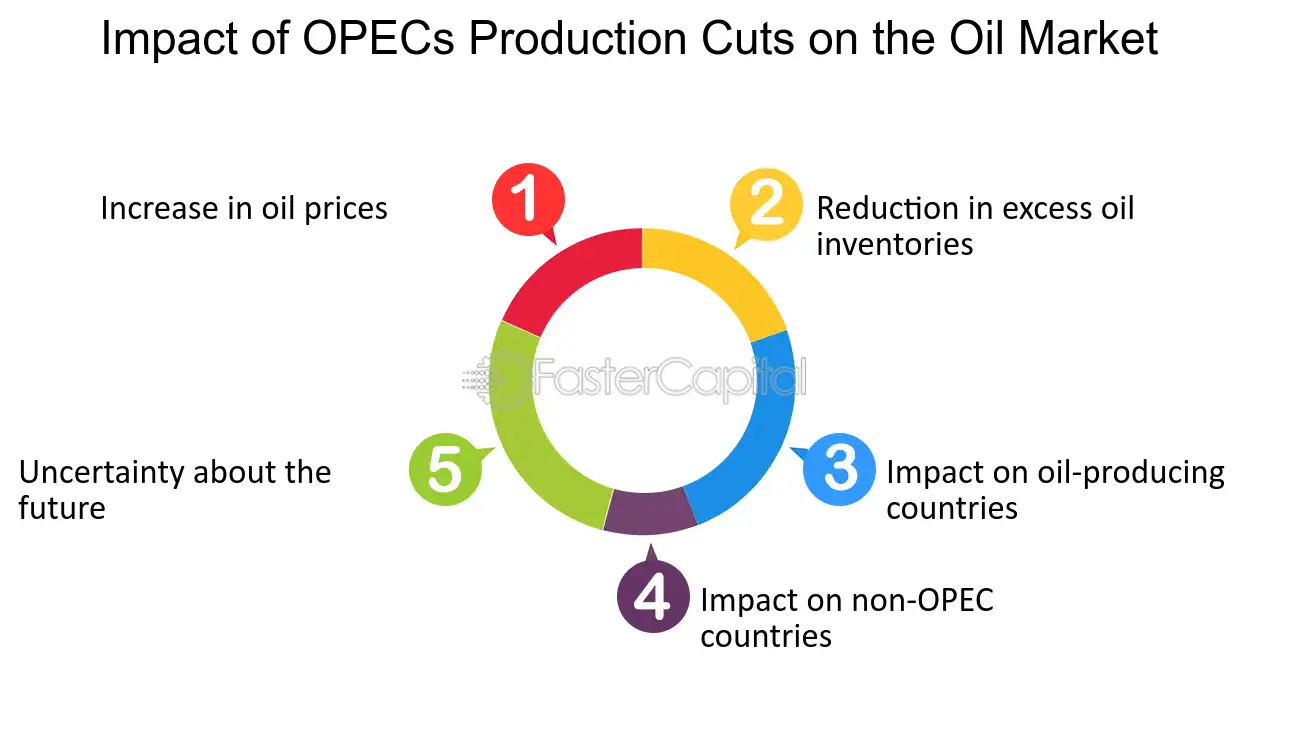OPEC+: Balancing Global Oil Supply and Market Stability
Why in the news?
Crude oil prices steadied after a rise in U.S. gasoline stockpiles and the postponement of an OPEC+ meeting, highlighting the alliance’s critical role in stabilizing global energy markets and influencing international economic trends.
Overview of OPEC and OPEC+ :
- OPEC+ is a coalition of 22 oil-exporting countries formed in 2016 to regulate global oil supply and stabilize market prices.
- OPEC, established in 1960 by Iran, Iraq, Kuwait, Saudi Arabia, and Venezuela, is an intergovernmental organization with 12 current members, mainly from the Middle East and Africa.
- Members include Algeria, Nigeria, and the UAE, while Angola withdrew in January 2024.
- OPEC’s headquarters is located in Vienna, Austria.
Role of OPEC+ in the Global Oil Market:
- OPEC+ combines OPEC members with non-OPEC countries like Russia, Kazakhstan, and Malaysia to coordinate oil production levels.
- The alliance balances supply and demand, ensuring market stability and protecting the interests of oil producers.
- By managing production cuts or increases, OPEC+ prevents extreme price fluctuations and influences global energy dynamics.
Recent Developments and Impact:
- Crude oil prices recently steadied after an unexpected rise in US gasoline stockpiles and the postponement of an OPEC+ meeting on output policy.
- The delay underscores the importance of OPEC+ decisions on global oil prices and economic stability.
- As oil remains a primary energy source, OPEC+ continues to shape international energy policies and market trends, reaffirming its critical role in the global economy.
Sources Referred:
PIB, The Hindu, Indian Express, Hindustan Times




